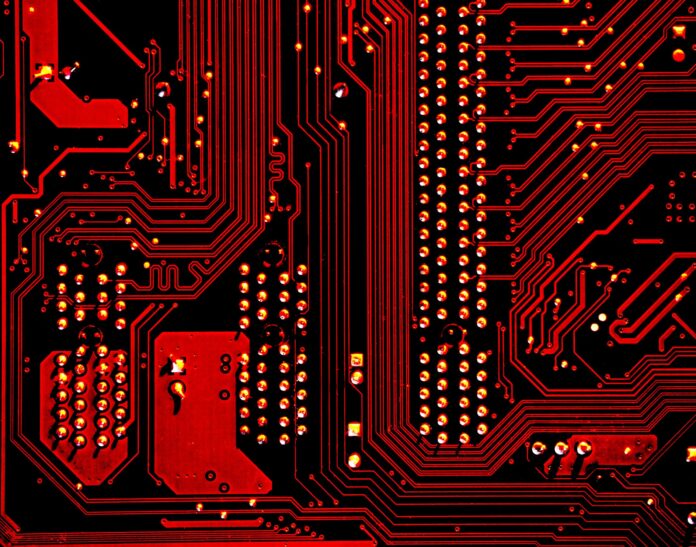
I keep reading scare-mongering over how AI is going to make everyone unemployed. Some others say that it will give us a life of leisure. Maybe we should all stop to realize that both are saying the same thing–we are just learning who are optimists vs. pessimists.
But both of these points of view gloss over the real truth–AI doesn’t eliminate very many jobs completely. Yes, if self-driving cars come to pass, Uber drivers and truck drivers are at risk. But no matter how much automation is applied to Quickbooks, we will still need accountants–they just might not be entering and analyzing the transactions anymore.
AI, in general, automates tasks, not whole jobs.
The reason for that is that what we have today is called Narrow AI–it can be better than humans at discrete tasks, such as chess or Go or Jeopardy. It can make predictions within small spheres. But we are nowhere near General AI, where the judgement of a human across many spheres is possible. Humans need to be guiding all automation, especially AI, for the foreseeable future. So, while there will be some jobs that get largely automated away, we will likely still need humans to do parts of those jobs and there will likely be new jobs created we don’t even dream of yet.
In 1790, 90% of the US workforce were farmers. 200 years later, in 1990, less than three percent remained on the farm, yet we didn’t experience 87% unemployment. And that doesn’t even take into account the massive growth in population or the major expansion in the workforce as women joined.
We found other things to do.
No one knows what will happen in our AI future, but you can expect that it won’t be as bad as people fear nor as great as they expect. After all, if I had told you 20 years ago that you would willingly carry around a device 24×7 that allows your boss to call you any time of the day or night and know that you could be reached, you’d have labeled me a nutjob.
But we all carry our cell phones religiously and would fight to keep them if pressed. So, we are often better at seeing the downside of new technology than the upside and we should imagine that AI will probably turn out the same way.





